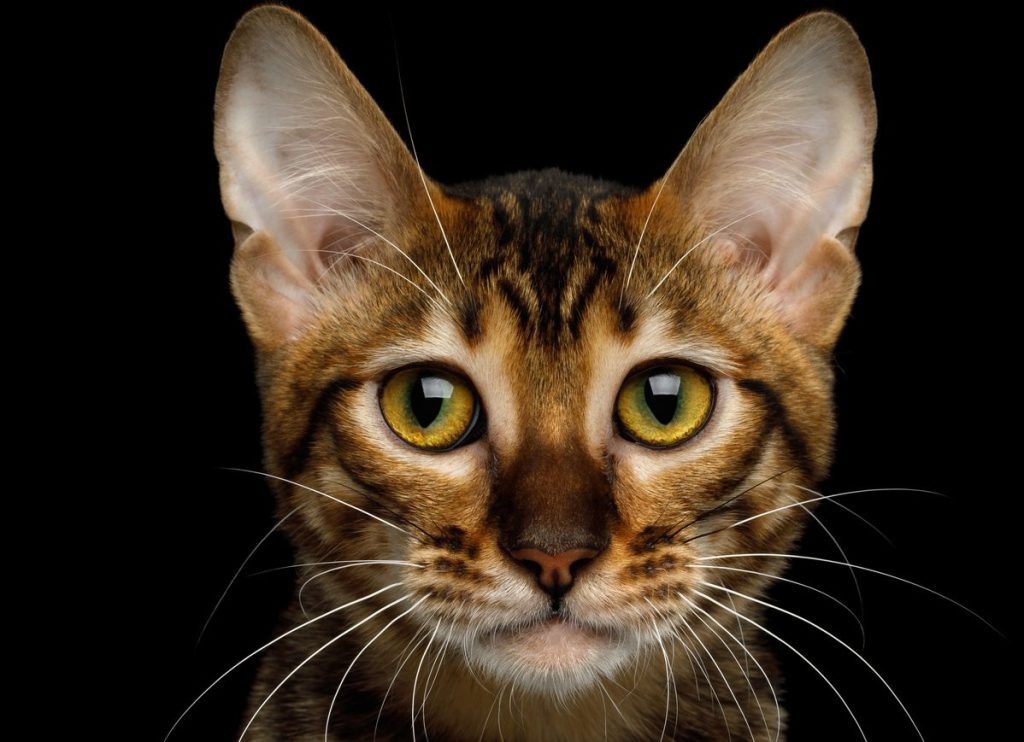The Toyger cat, a captivating feline breed, is a relatively recent addition to the world of domestic cats that has a striking appearance reminiscent of a miniature tiger. The name “Toyger” is a clever blend of “toy” and “tiger,” underscoring the breed’s intentional resemblance to its wild counterpart. Developed through crossing a Bengal breed and American Shorthair tabbies,…

If you’re looking for a giant cuddle buddy and a good house pet, look no further than the Maine Coon.…


